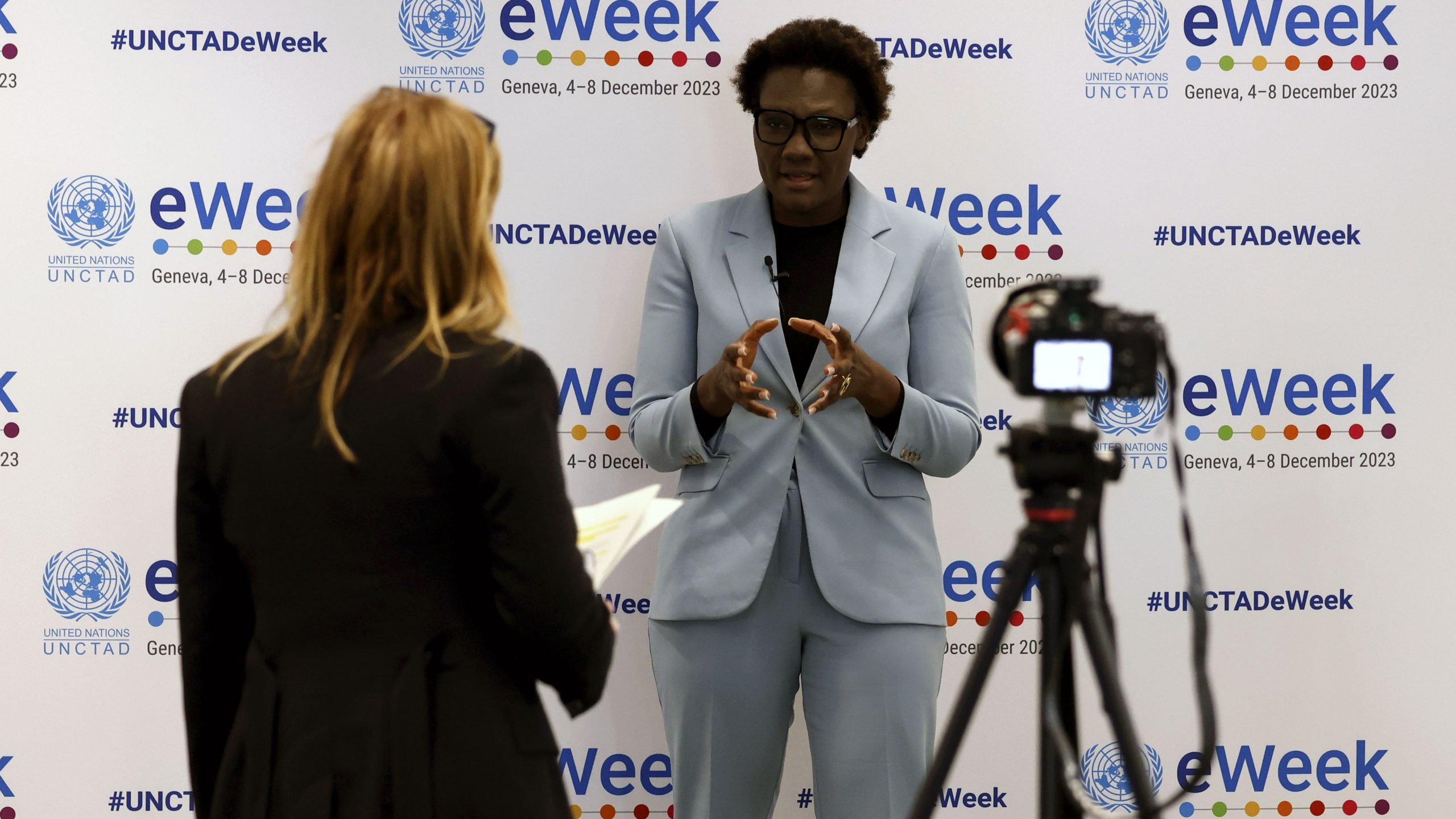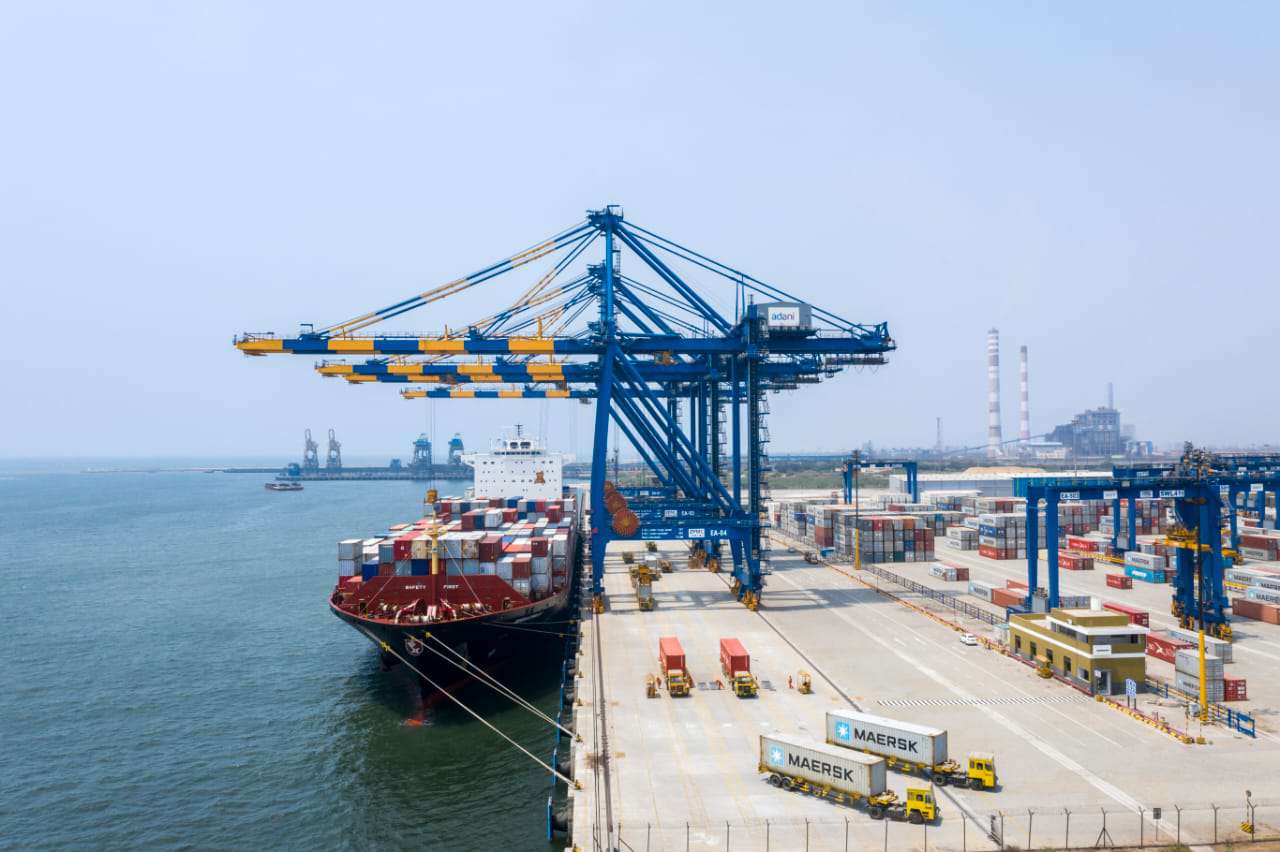Uniting India’s Maritime Sector
The 20th Maritime State Development Council (MSDC) in Goa marked a transformative moment for India’s maritime sector with the official launch of the Indian Maritime Centre (IMC). This Policy Think Tank has been established with a vision to unify maritime stakeholders, fostering collaboration and driving innovation to ensure sustainable growth. IMC’s goal is to bring together fragmented maritime sectors that have long operated in silos, addressing challenges and creating strategic opportunities for the country’s maritime future.
Union Minister of Port Shipping and Waterways Sarbananda Sonowal stated “IMC will serve as the backbone of India’s maritime strategy. Through cooperation, innovation, and strategic planning, we will elevate India’s global maritime standing.”
A New Chapter in India’s Maritime Future
The launch of the IMC mark a new chapter for India’s maritime industry. With the IMC acting as a centralized body for policy advocacy and innovation, there is great optimism that India’s maritime sector will become more competitive globally, more sustainable, and better integrated. However, challenges such as environmental sustainability and stakeholder convergence must be addressed if the IMC’s ambitious goals are to be fully realized.
The IMC presents a significant opportunity for the maritime sector to not only grow economically but also to lead the way in creating a more sustainable future for India’s coastline, inland waterways, and the communities that rely on them. As the IMC embarks on its journey, all eyes will be on how well it can unite the fragmented maritime ecosystem and build a truly sustainable and resilient maritime industry for India.
A Game-Changer for the Indian Maritime Sector
The establishment of IMC comes at a time when the maritime sector in India is poised for a major transformation. The IMC will serve as a hub for innovation and policy advocacy, providing a platform for the exchange of ideas and best practices. By bringing together ports, shipping companies, shipbuilding industries, and inland water transport under one roof, the IMC will enable smoother and more strategic collaboration across all sectors.
The IMC’s key objectives include:
- Encouraging Knowledge Sharing: Promoting the exchange of maritime best practices across coastal states and private players.
- Supporting Strategic Planning: Assisting policymakers in formulating future-proof policies that will drive India’s maritime growth.
- Fostering Technological Innovation: Driving innovation across the shipping and logistics sectors, particularly in sustainable practices and digital transformation.
- Policy Convergence: Encouraging alignment between various governmental bodies, industry stakeholders, and educational institutions for better maritime governance.
Missed Opportunities and the Way Forward
Despite the promise of the IMC, several maritime experts highlighted the missed opportunities in past maritime councils. Over the years, the lack of a coherent, unified body for strategic planning resulted in delayed projects and underutilized infrastructure. The absence of a platform like IMC has often hindered India’s ability to keep pace with global maritime leaders.
Aziz Rajkotwala, a sustainable and marine analyst, remarked: “India’s maritime sector has always had potential, but the lack of unified strategic planning held it back. The IMC can finally break this cycle and help us catch up with global leaders like Singapore and Dubai.”
Fostering Innovation and Collaboration
The IMC aims to bridge the existing gaps between maritime sectors by encouraging stakeholders to work collectively. It will promote knowledge sharing, best practices, and joint ventures that advance innovation, especially in areas such as port digitization, green shipping solutions, and the adoption of artificial intelligence in maritime operations.
Harpal Naol, Goa based environmental artist and long-time advocate for sustainable maritime practices, emphasized the importance of convergence:
“The IMC is a much-needed initiative that will finally allow various maritime sectors to communicate and work toward a common goal. Whether it’s building sustainable ports or reducing ocean pollution, the key to success lies in collaboration.”
Challenges and Opportunities
India’s maritime sector, despite its vast potential, has long faced obstacles in realizing integrated growth. One of the critical issues is the fragmented nature of operations among coastal states, shipping companies, and port authorities. The IMC’s creation is a step toward aligning these sectors, but achieving seamless cooperation will require overcoming several challenges:
- Lack of Convergence: Various state and central agencies often work in isolation, resulting in missed opportunities for integrated development. The IMC seeks to correct this by creating a unified policy framework that addresses both regional and national priorities.
- Environmental Concerns: Coastal and marine pollution, largely driven by shipping and port activities, remains a significant challenge. While projects like the Sagarmala initiative have focused on port modernization, more attention is needed to minimize ecological damage.
- Inadequate Infrastructure: Many of India’s ports still lack the infrastructure to handle larger vessels or accommodate the increasing demand for green energy solutions. A comprehensive review of port infrastructure is underway, but faster execution is needed to keep up with global standards.
- Limited Media Engagement: The media has not been fully involved in strategic maritime planning, which has led to low public awareness of the challenges and achievements in the sector. Greater media participation could ensure transparency, help shape public opinion, and hold stakeholders accountable for sustainable development.
Kishor Biswas, an environmentalist artist, added:
“While the IMC is a promising step, it will only be successful if it balances development with sustainability. The marine environment is fragile, and we must ensure that the sector’s growth does not come at the expense of our oceans and coastlines.”
What the IMC Can Achieve
By facilitating dialogue between policymakers, private players, and industry experts, the IMC aims to create a more resilient and sustainable maritime sector. Its long-term objectives include:
- Building Green Ports: Encouraging the adoption of environmentally friendly technologies, such as renewable energy, in port operations.
- Enhancing Digital Infrastructure: Supporting the digitization of port operations to streamline logistics, improve efficiency, and reduce carbon footprints.
- Strengthening Maritime Education: Developing a world-class talent pool for the maritime industry through partnerships with educational and research institutions.
- Boosting Trade Competitiveness: Ensuring that Indian ports and shipping companies remain competitive in the global market by modernizing infrastructure and adopting international best practices.
India’s maritime future looks bright, and with the right collaboration, the Indian Maritime Centre can serve as the driving force behind that transformation.
Who Must Be Part of the IMC?
The Indian Maritime Centre (IMC) must invite participation from a wide range of maritime stakeholders, including but not limited to:
- State Maritime Boards and Port Authorities: Ensuring the integration of policy frameworks for both major and minor ports.
- Shipping and Logistics Companies: Contributing expertise on enhancing operational efficiency, digitization, and reducing carbon footprints.
- Shipbuilding and Repair Yards: Supporting innovation in construction and repair, aligning with global sustainability standards.
- Inland Water Transport (IWT) Operators: Collaborating on strategies to enhance connectivity through river networks.
- Road Transport Operators: There is a need to create strategies to enhance connectivity of Ports with Industrial Zones and Market Places through road networks.
- Marine Environmental Agencies: Ensuring that environmental sustainability is prioritized in port and shipping development projects.
- Educational and Research Institutions: Developing a knowledge base for best practices, maritime technology, and environmental stewardship.
- Private Maritime Players and Industry Associations: Providing insights into market dynamics, business strategies, and innovations for growth.
- Investors and Financial Institutions: Enabling the financing of large-scale maritime infrastructure projects.
- Regulatory Bodies: Ensuring that national and international standards, such as SOLAS (Safety of Life at Sea), are upheld.
- Media: Playing a pivotal role in promoting awareness, transparency, and accountability within the sector.
Only then the IMC will be able serve as a comprehensive platform for these diverse stakeholders, allowing them to converge and collaborate for the long-term success of India’s maritime industry.
Why Media Involvement is Key
One critical convergence missing in India’s maritime strategy has been the absence of media involvement in the sector’s strategic planning. The media, as a key influencer of public opinion and policy, has the power to shape the narrative and drive more investment and policy attention toward the maritime industry.
Senior Journalist Nagmani Pandey, while praising the formation of IMC, pointed out: “Media needs to play an active role in maritime strategy. Public awareness about maritime issues — especially concerning environmental sustainability — is crucial. The media can hold key players accountable while celebrating achievements in the sector.”





One thought on “Indian Maritime Centre (IMC) Launched at the 20th MSDC”